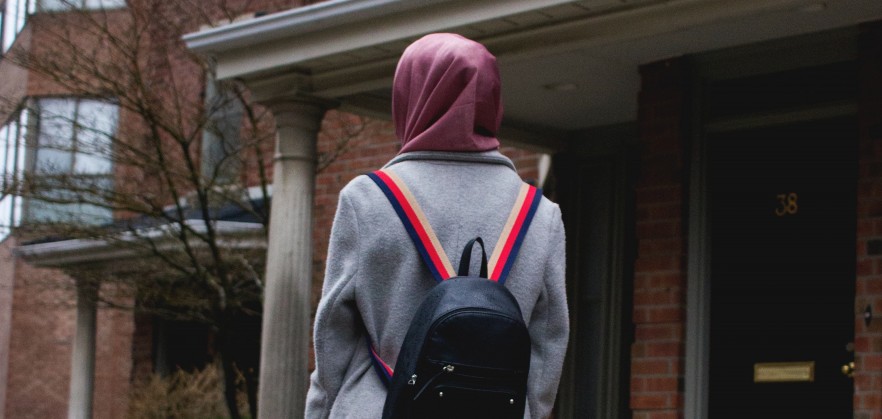
By Iman Atta, OBE (director of Tell MAMA)
Since 2012, when Tell MAMA was established, we have found that year on year data of street based and online incidents of anti-Muslim hatred indicate that Muslim women are the ones who disproportionately bear the brunt of hatred.
Our work, which has been picked up by many other hate crime agencies over this time, was also one of the first to demonstrate a link between the disproportionality of visible and perceived Muslim women being affected, but also of the acute numbers of males who were the perpetrators involved. We have always been clear that street based anti-Muslim hatred in particular, is mainly the misogynistic anti-Muslim hatred of men hating against women of colour who are also Muslim.
There are three elements that intersect in street based and sometimes in online Islamophobia. It is therefore important to see street-based anti-Muslim hatred as being an intersectionality between anti-Muslim hatred, racism and misogyny and the latter is one of the reasons why we recently backed the campaign by Stella Creasey MP to get misogyny to be treated as a hate crime.
In fact, the issues becomes distinctly complex in the online world where the use of VPNs (Virtual Private Networks) and other masking techniques, obfuscate ways and means of identifying perpetrators. Nonetheless, when Tell MAMA has been able to identify the perpetrators, the majority are male and mainly white. There seems to be something about the identity (and power) of women and in particular, women from BAME communities that stirs up personal fears, insecurities and ultimately anger (since these emotions are closely linked), between this demographic group of perpetrators.
Furthermore, in the release of the National Hate Crime Statistics for England and Wales (2019/2020), (as we have suggested many times before), global and international issues affect the very core of communities in the United Kingdom. Technological and social connections through our mobiles have meant that anything taking place across the globe impacts us within seconds and can also elicit strong responses from perpetrators when they come across online material. The intersectionality of identities, the perpetuation of 'fake news and events' and prejudiced and bigoted statements including memes or videos, create the fertile inspiration for some perpetrators to attack their fellow citizens, solely on the basis of their faith, race or disability.
Therefore in 2019/2020, there were 105,000 hate crimes recorded by police forces in England and Wales, with an increase of 8% compared with 2018/2019. Of these, 72% of the total, around 76,000 offences were racially aggravated offences. As race has become a central issue over the last 4 years in the United States and with increasingly fractious views about race and racism, the fact is that these issues have multiple effects on our country. They sometimes push people to challenge racism by reporting in when they are targeted by racism or intolerance, and for some perpetrators, it could inspire them to target those from racial groups.
Which is why we must remain vigilant and take a zero tolerance approach to hatred and intolerance. Our mantra in Tell MAMA, is to be 'Upstanders and not Bystanders' and we have used this phrase for over 7 years in our campaigning. Essentially, it is the duty of each and every one of us to stand up for the rights and dignities of those around us. Now is the time to be Upstanders.
Iman Atta OBE is the Director of Tell MAMA and
sits on the Government's Working Group on Tackling Anti-Muslim hatred. She is
also one of the co-founders of the annual No2H8 Crime
Awards.
Join Our Movement
Raise your voice and get connected

 1
1